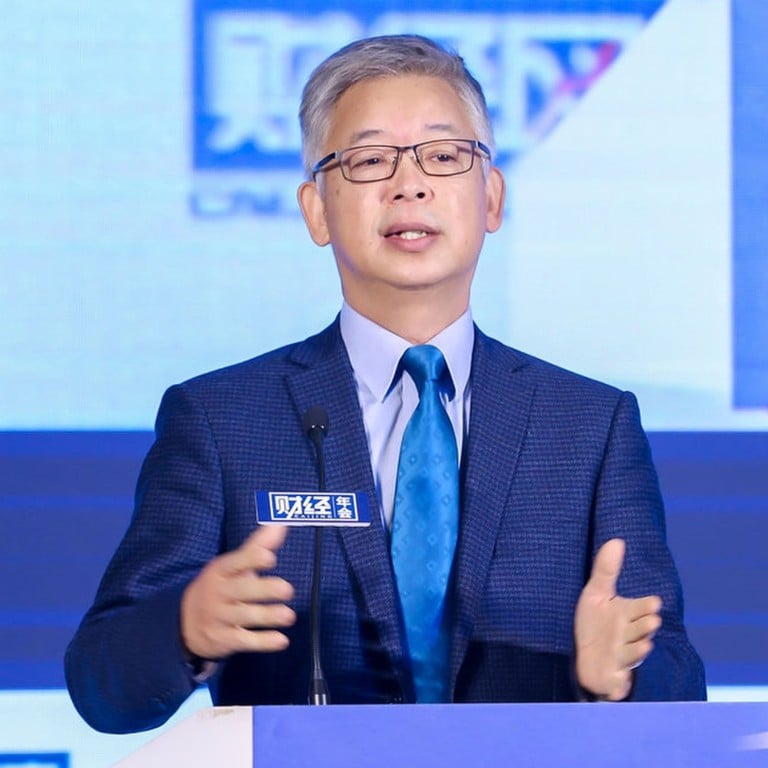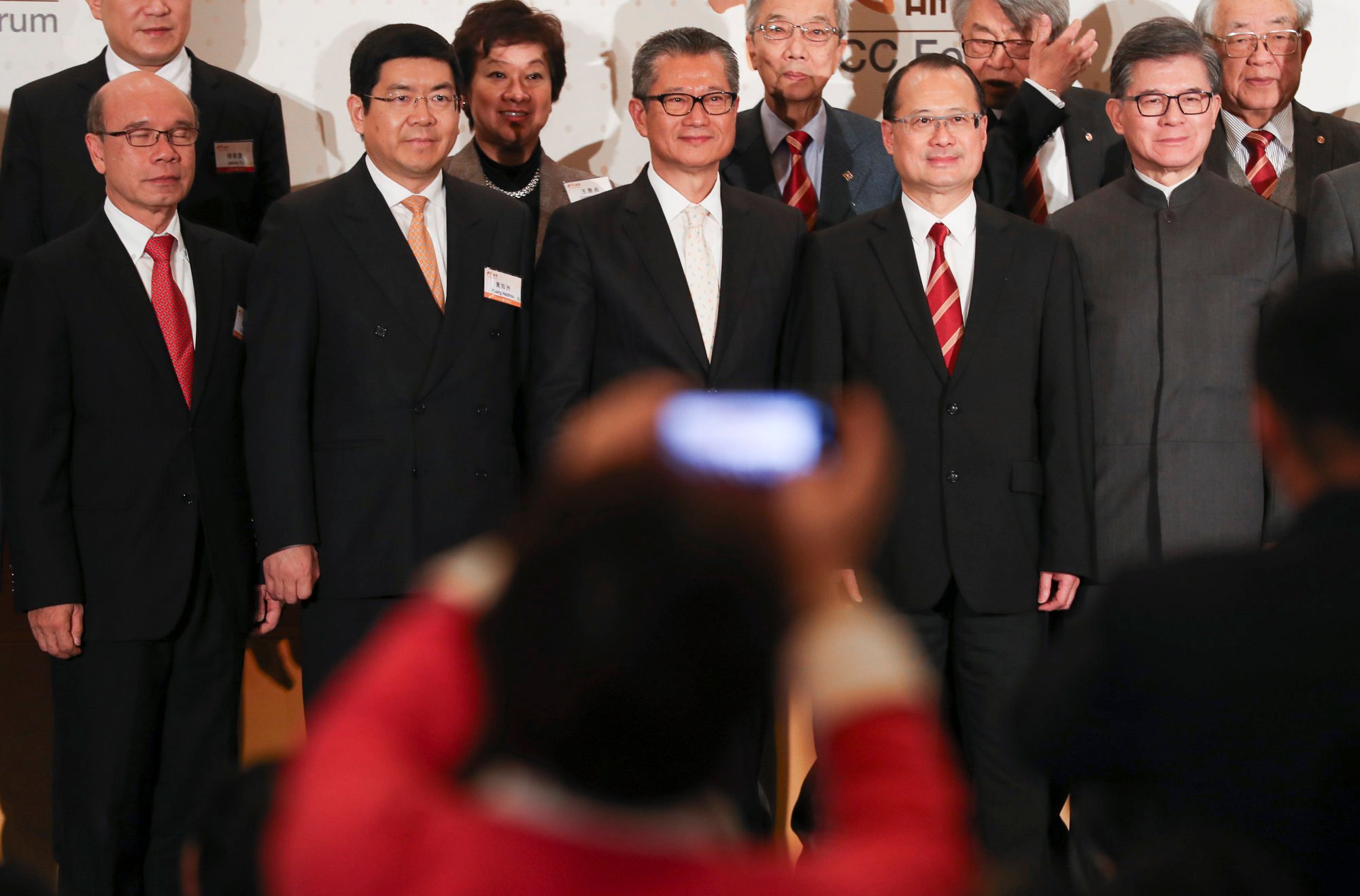
China’s central bank has named 2 new academic advisers, who are they?
- Peking University’s Huang Yiping and Tsinghua University’s Huang Haizhou named as new academic advisers to the People’s Bank of China
- The monetary policy committee holds a meeting every quarter and submits advice to the State Council, which gives the final approval on key moves
China’s central bank has appointed two prominent economists to its policy advisory body as Beijing embarks on a new mission to become a financial superpower and secure a leading position in the global digital economy race.
The People’s Bank of China (PBOC) on Tuesday named Peking University’s Huang Yiping and Tsinghua University’s Huang Haizhou as its new academic advisers.
Huang Yiping, a former chief Greater China economist at Citi, and Huang Haizhou, a former executive of the China International Capital Corporation (CICC), have replaced Cai Fang and Liu Shijin as the academic members of the committee.
Cai, a prominent labour economist at the Chinese Academy of Social Sciences, joined the committee in 2021, while Liu, an advocate of government and enterprise reform who is a former deputy director of the Development Research Centre of the State Council, had been on the committee since 2018.
‘A whole new ball game’: China’s central bank looks to learn from US blunders
Peking University National School of Development head Huang Yiping was previously on the panel between 2015 and 2018.
An opinion leader in the development of China’s digital currency, Huang Yiping worked at Barclays following his experience at Citibank, while he holds a doctorate in economics from the Australian National University.
Huang Haizhou, who is a professor at Tsinghua University’s PBC School of Finance, was a senior economist at the International Monetary Fund and Barclays before becoming a senior executive at the CICC.
Having taught at the Chinese University of Hong Kong and London School of Economics, Huang Haizhou is known for his insights on the global financial landscape.

The PBOC has pledged to deepen global financial cooperation and accelerate the internationalisation of the yuan, while maintaining a loose monetary policy, this year.
But unlike the Federal Open Market Committee (FOMC) within the US Federal Reserve, which maintains a large degree of independence, the monetary policy committee is not independent from the Chinese government.
The monetary policy committee holds a meeting every quarter and submits advice to the State Council, which gives the final approval on key moves, including interest rate changes and the value of the yuan.
Macroeconomic policies are important to economic growth for developed countries, but for China, structural reforms are also very important
Urging authorities to look into the issue, he said, “we have enough investment to create new production capacity, but it is also best to have corresponding demand to absorb such newly added production capacity”.
Huang Haizhou said at the same forum that China should pursue more technology breakthroughs and seize new opportunities brought about by artificial intelligence.
“Macroeconomic policies are important to economic growth for developed countries, but for China, structural reforms are also very important,” he said.

